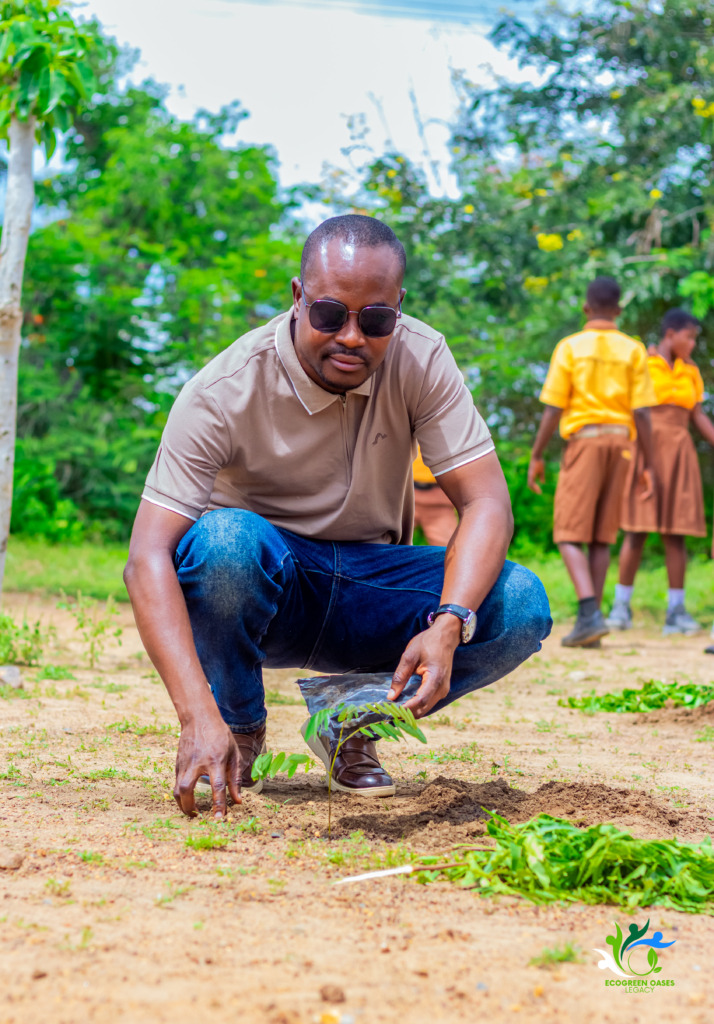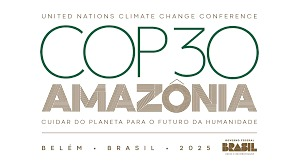
The world loves to congratulate itself at COP. Grand speeches, polished promises, dramatic photo-ops—a theatre of global concern performed year after year while the planet burns politely in the background.
But COP30 in Belém will expose an uncomfortable truth the world can no longer outrun: the climate crisis is not merely environmental; it is political. It is colonial. And it is being managed by the very systems that created it.

Belém sits at the gateway to the Amazon, the world’s last great ecological frontier and the most damning indictment of global climate governance. Here, in the beating heart of the rainforest, Indigenous communities have protected what governments, corporations, and climate negotiators have repeatedly failed to defend.

They have done this with no billion-dollar funds, no UN summits, no glossy strategy roadmaps. They have done it because stewardship, not extraction, is their governing philosophy. And still, the global climate system treats these communities like decorative accessories.
The hypocrisy is staggering. Indigenous peoples protect 80% of the world’s remaining biodiversity, yet they receive less than 1% of global climate finance. Wealthy nations promise billions, deliver crumbs, and then congratulate themselves for their generosity. Climate finance boards are filled with economists, diplomats, and consultants—everyone except the people who actually know how to keep forests alive.
If this weren’t so catastrophic, it would be laughable. The Amazon does not need another headline. It needs political power. The communities defending it do not need applause. They need governance authority. And the planet does not need minor reforms. It needs a revolution in who gets to decide our collective future. Let’s speak plainly: global climate governance is failing because it continues to exclude the very people who could save us.
Indigenous nations have governed their territories sustainably for thousands of years. The models exist. The science is clear. The evidence is overwhelming. Deforestation rates are drastically lower in Indigenous-managed forests. Carbon sequestration is higher. Ecosystem resilience is stronger. Meanwhile, state-managed lands continue to fall to mining, oil exploration, illegal logging, and political corruption.
We know what works. We simply lack the courage to admit that the world’s oldest governance systems are superior to our newest ones. This is why COP30 must mark a rupture, not a ritual.
Indigenous peoples must no longer attend COP as “participants” politely requesting inclusion. They must sit as co-authors of climate agreements, with governing authority, not advisory roles. They must lead the boards that allocate climate finance. They must decide what protection looks like on the lands that belong to them. And the Global North must finally accept that saving the planet means surrendering the political dominance it has held over the climate agenda for decades, because if we are honest, climate colonialism is alive and well.

The Global South continues to suffer the consequences of emissions it did not produce. Loss and Damage payments remain trapped in negotiation purgatory. And the West still imagines it can solve a crisis rooted in extraction by expanding investment portfolios and carbon markets, a technocratic fantasy that ignores the fact that nature cannot be negotiated with.
As someone deeply engaged in youth leadership and climate governance in Ghana, and as a doctoral researcher exploring how climate finance interacts with Indigenous political systems, I have seen how the system sidelines the very communities who carry the burden of protection. Funds trickle down through layers of bureaucracy. International NGOs speak on behalf of people who never asked for representation. Governments claim sovereignty while failing to protect those most at risk.
At COP30, this charade must end. Belém offers a final warning: either we recenter Indigenous governance at the core of climate decision-making, or we continue orchestrating our own extinction. There is no middle ground.
Readers understand what many governments still refuse to accept: the climate crisis is not a technological problem but a leadership problem. Humanity has placed its survival in the hands of policymakers who negotiate like diplomats but govern like arsonists.
The Amazon is burning, the planet is warming, and the people who know how to stop it are still waiting for a microphone. We cannot reform our way out of this crisis; we must rewrite the rules entirely and hand the pen to those who have protected the Earth long before the term “climate governance” was invented. Belém will be remembered for one of two reasons: as the place where the world finally listened, or the place where the world finally ran out of excuses.
About the author
The author is a Ghanaian climate governance scholar and public policy advocate pursuing a PhD in Justice, Law, and Criminology at American University in Washington, DC. His research centers on Indigenous rights, environmental justice, and the reform of global climate financing systems to better serve vulnerable and historically marginalised communities.
With a background in law and international affairs, he has worked extensively in youth political leadership, environmental advocacy, and social policy engagement in Ghana and across the world. He frequently contributes to national and international dialogues on sustainable development, climate adaptation, and community empowerment. His work bridges academic research with real-world policy needs, focusing on practical pathways to integrate Indigenous governance models into global climate decision-making.

